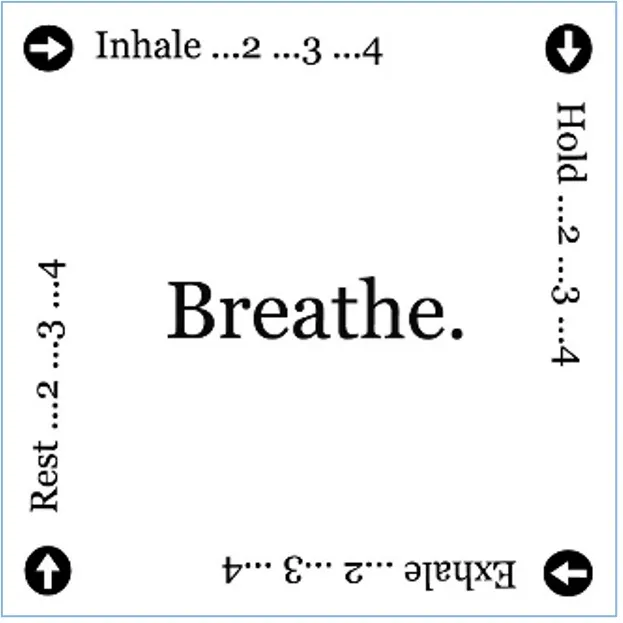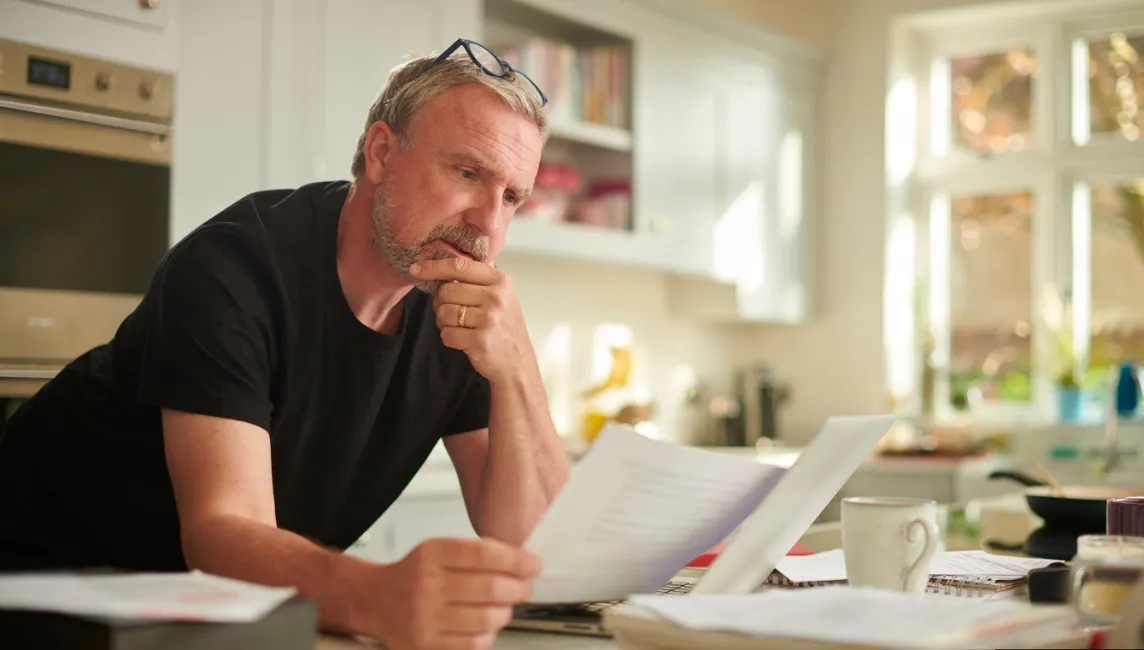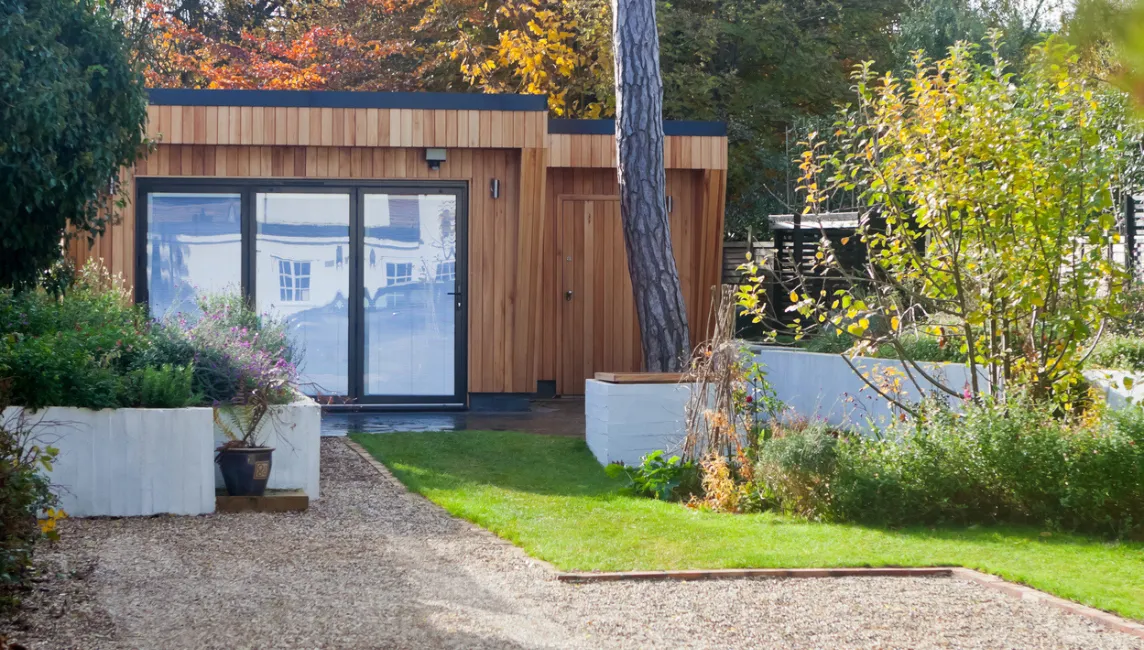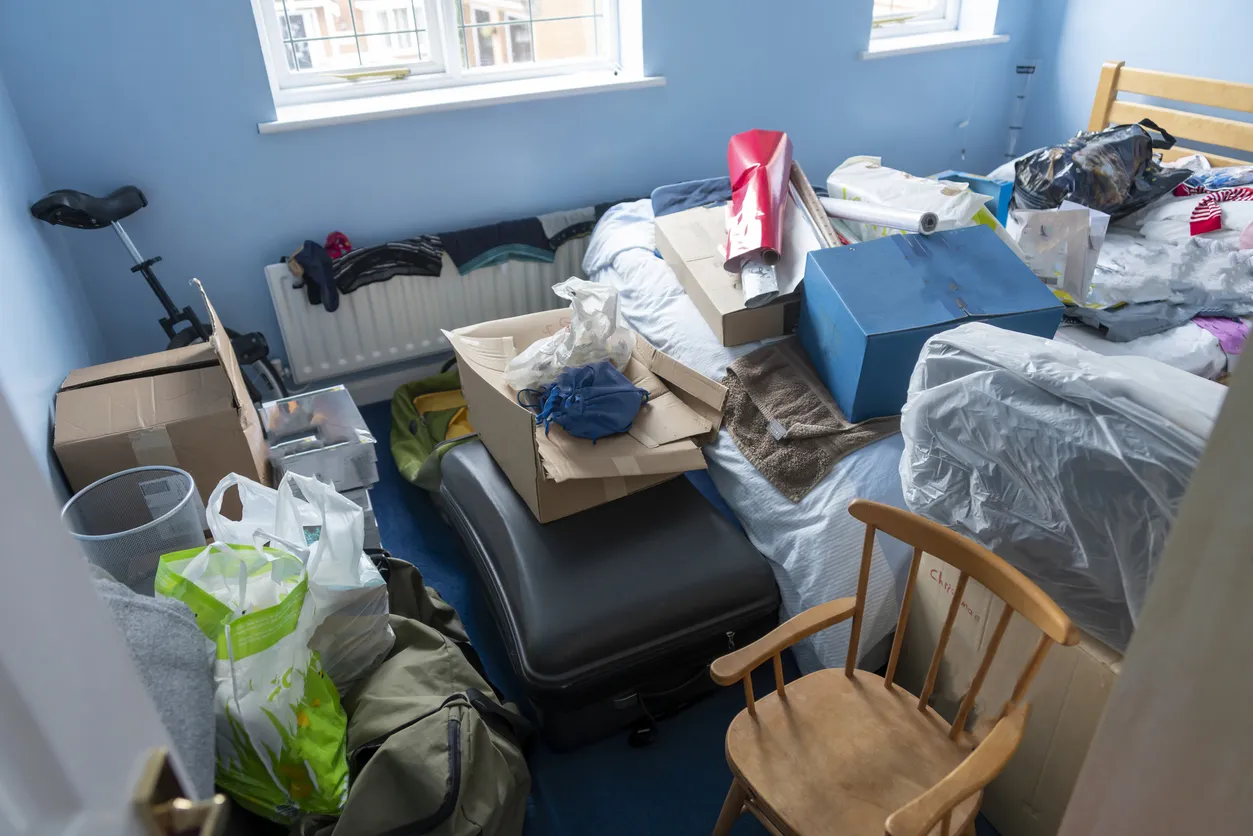Supporting you with relevant insight
Looking After Your Mental Health
Explore resilience and wellbeing during challenging times, with tips on physical activity, gratitude, mindfulness, healthy eating, sleep, and social connectivity.

Jonathon Pidd
11 May, 2021

Subscribe to our Newsletter on all things later finance
Join our monthly newsletter today.
By subscribing, you agree to our Privacy Policy and to receive our newsletter.
The past 15 months have been challenging to say the least for the majority of us – there's been little to no social contact with friends and family, we've been adapting to working from home while also not being able to go to your favourite pub for a drink or a meal, and not being allowed to travel abroad for that much needed 2 weeks in the sun has taken its toll on our mental health.
The Office for National Statistics (ONS) figures from November 2020 show that almost one in five adults were experiencing some form of depression – double the pre–pandemic figure – and 17% were suffering from anxiety. More recent ONS surveys have found that personal wellbeing and happiness levels are the lowest they've been since surveys began last March.
Whether it's in your home life or your professional life, it's arguably more important than ever in the current climate to ensure that you're taking time to look after yourself. Many companies have taken the initiative, supporting their workforce through wellbeing resources and programmes to help protect their mental health.
As an Investors In People – accredited organisation, at Pure we've being supporting all our colleagues with weekly Resilience sessions with a new topic each month (including mindfulness and self–hypnosis sessions, workshops on mood–stealers and instant mind hacks, and developing a personal roadmap out of lockdown) and have explored all sorts of techniques to boost our personal resilience and wellbeing. In recognition of Mental Health Awareness week, we'd like to share some of these with our wider network as we continue to make sense of an ever–changing world.
We have explored the four pillars of resilience – mental, physical, social, and spiritual – and my top tips (which I personally practice) for wellbeing cover all of these. They are:
-
Physical activity: it doesn't have to be hours in the gym, going for a 30 minute outdoor walk at lunchtime and after work really helps clear – and calm – your mind as it gives you time to process events and leave them behind. If you can't get outside due to bad weather, try Lesley Sansone's 30 minute indoor walks – you'll be amazed how far you can walk in your own kitchen in that short space of time! Alternatively, you can always put on your favourite song and dance round your kitchen like no–one is watching – it's an instant mood–booster!
-
Practice gratitude: it's proven that showing gratitude can help improve physical health, psychological health, quality of sleep, self–esteem and mental health. There's loads of different easy ways to show gratitude; try writing a daily list of 10 things you are grateful for that day – it could be you're grateful for your good health or the sun shining. Doing this 1st thing on a morning will give your day an instant lift! For more on this read The Secret and The Magic, both by Rhonda Byrne, they'll really steer you to a more positive mind–set.
-
Mindfulness exercises: try Yoga for beginners or breathing exercises to focus the mind and reduce stress and anxiety. My favourite breathing exercise is 'Square Breathing'. I'd also highly recommend a self – hypnosis podcast by Lyn Palmer called Mission Calmness, a 20 minute session to help reduce anxiety and boost self–confidence. Click on the link above then click on the audio link for 'The Spring Garden' – It's a very valuable way to spend 20 minutes.

This focuses your mind on the breathing (and not the issue or problem), and by extension calms your body and reduces your heart rate.
-
Healthy eating: eating a balanced diet with plenty of fruit and veg will make you feel less sluggish – but this doesn't mean you can't have the occasional treat – you'll have earned that piece of cake with 2 walks a day!
-
Sleep: getting a good night's sleep can improve your quality of life, productivity and physical and mental health. My best tip here is to stick to a regular routine by going to bed and getting up at the same times each day, even on a weekend (i.e. no late nights followed by long lie–ins). Try it, you'll see the improvements very quickly.
-
Social Connectivity: Stay in touch with friends, family and colleagues. Humans are natural social creatures and require human contact, hence why we've survived so long! Use Zoom/Facetime/House Party/ etc. to speak 'face to face' if you're not ready to meet up in person as yet – or don't want to sit in a beer garden in the cold, rainy British weather!
I've been practising a positive mind – set since first reading The Secret back in 2015 but have introduced all the other exercises since going into Lockdown last year. I've loved being able to share all my knowledge and experience with everyone at Pure over the last year or so through our Resilience sessions and helping our workforce reduce their anxiety, improve their quality of sleep (side note: using breathing exercises when you wake up with a churning mind in the middle of the night quickly helps calm the mind and return to a good night's sleep), and enjoy better mental and physical health during a challenging time.
I hope you find these tips offer something useful. If things begin to weigh on you, allow yourself some time to practice them, and hopefully you will join both me and the wider the wider pure team in experiencing the many benefits they bring for your overall wellbeing.
Our resources
Explore more of our resources tailored to supporting equity release advisers like you in succeeding.




